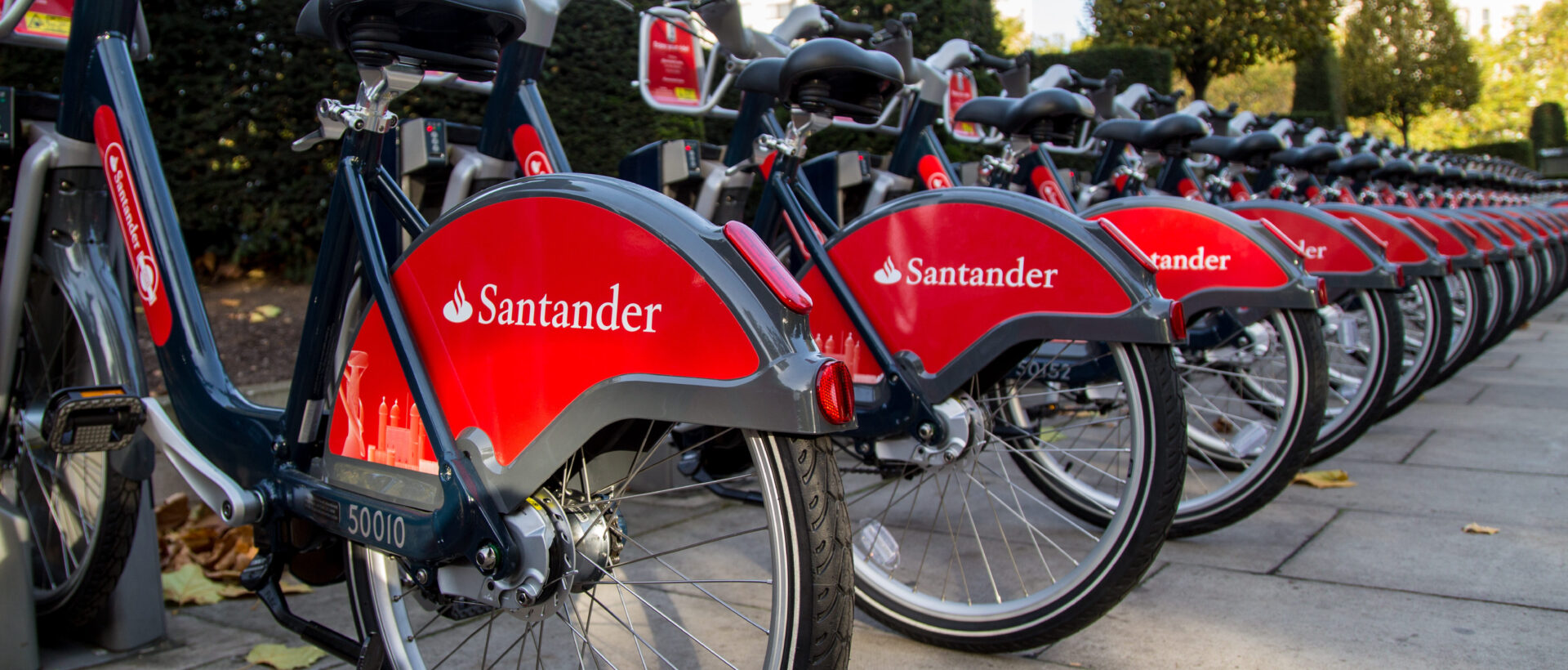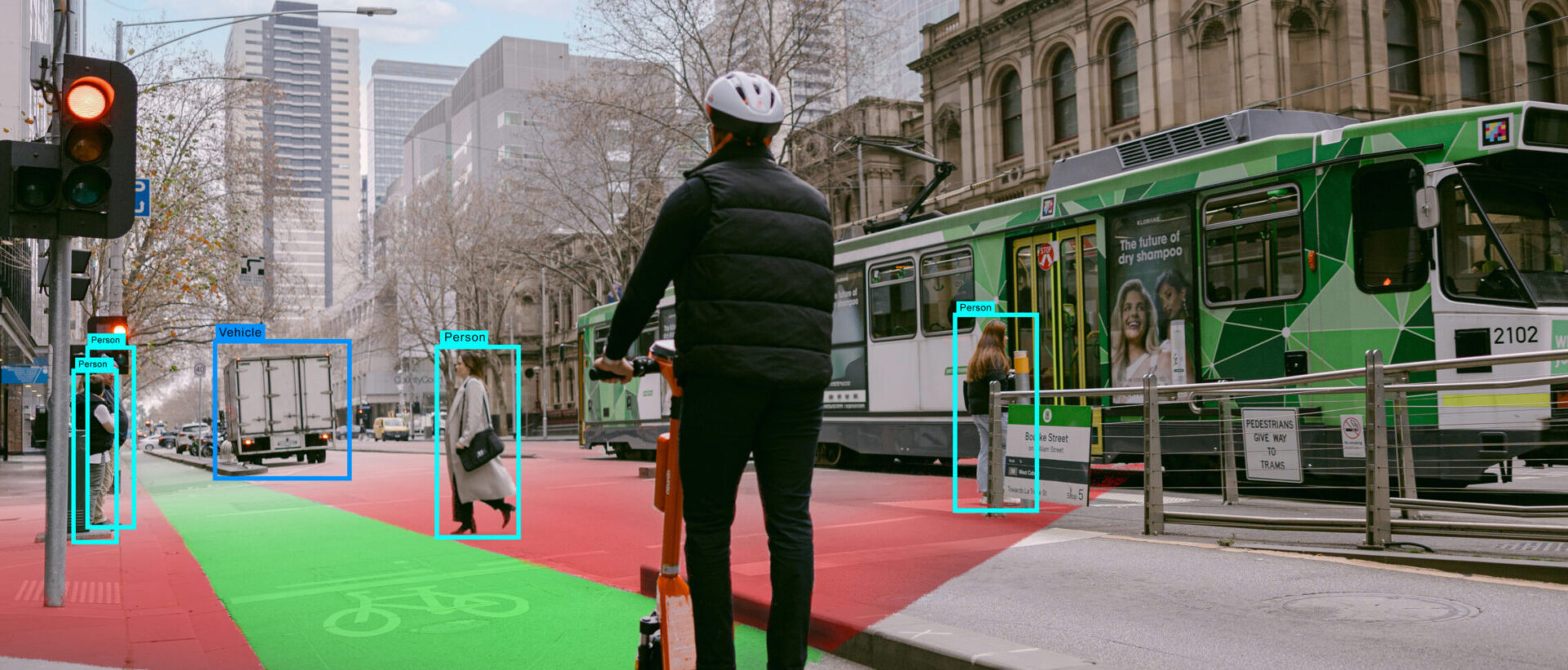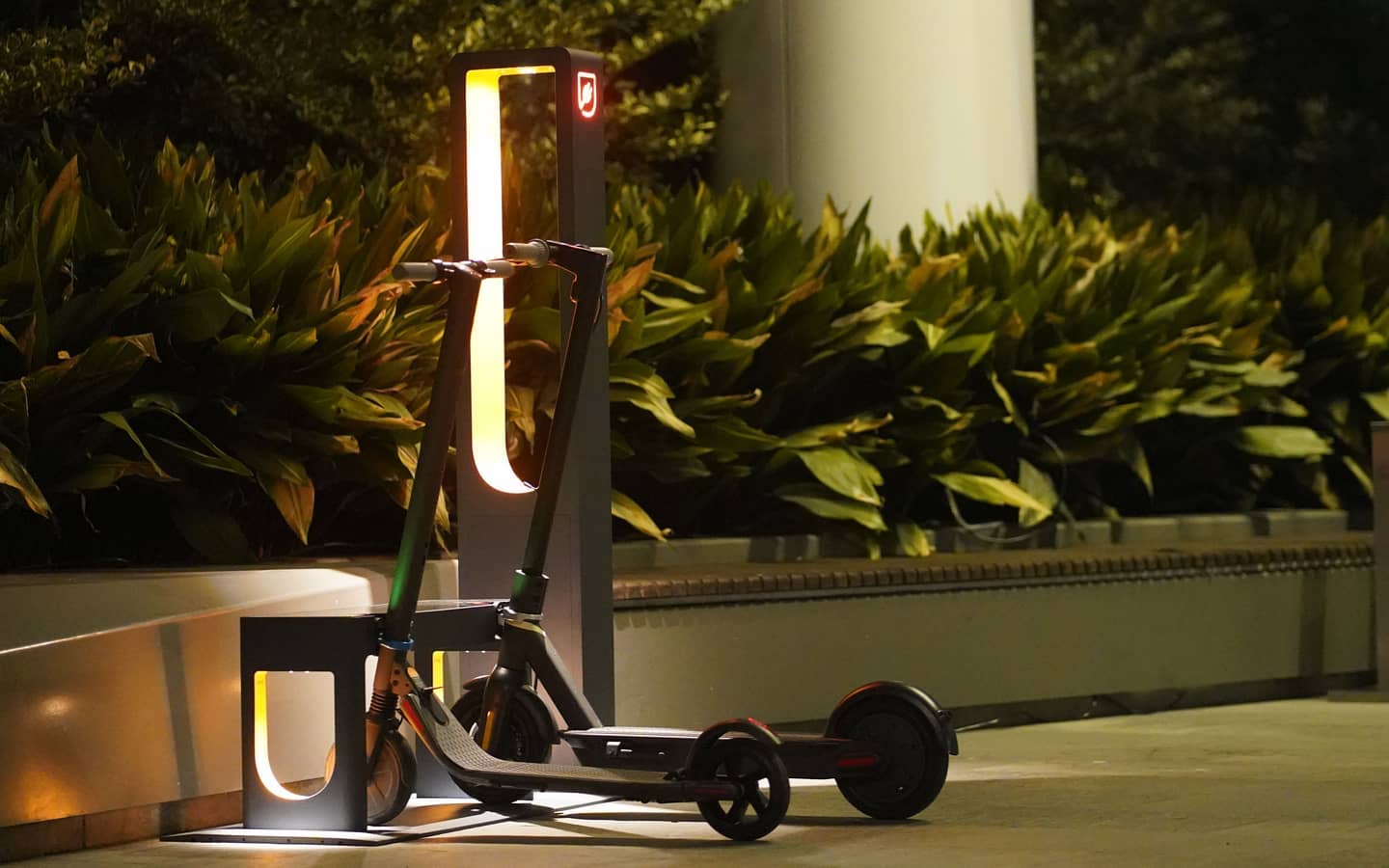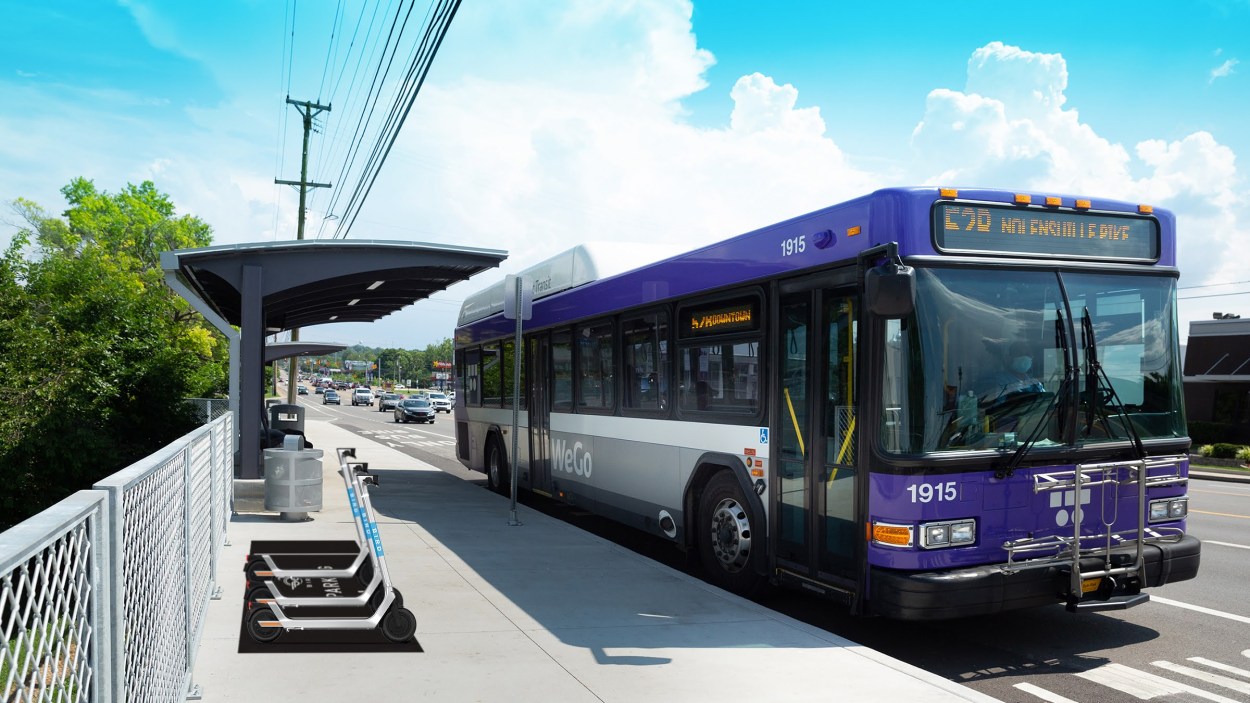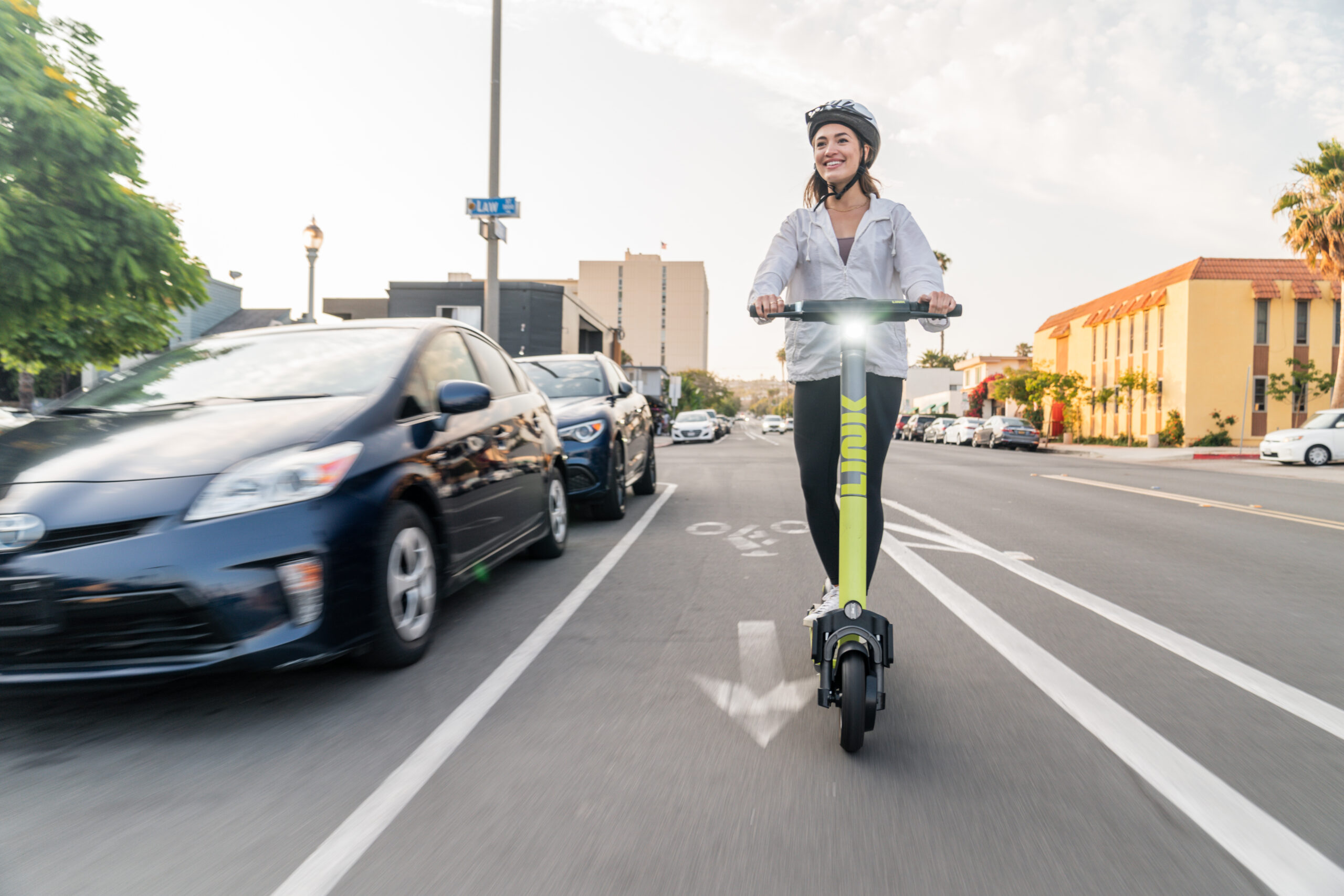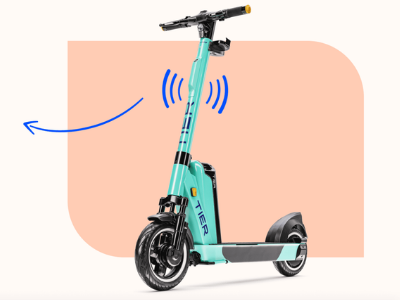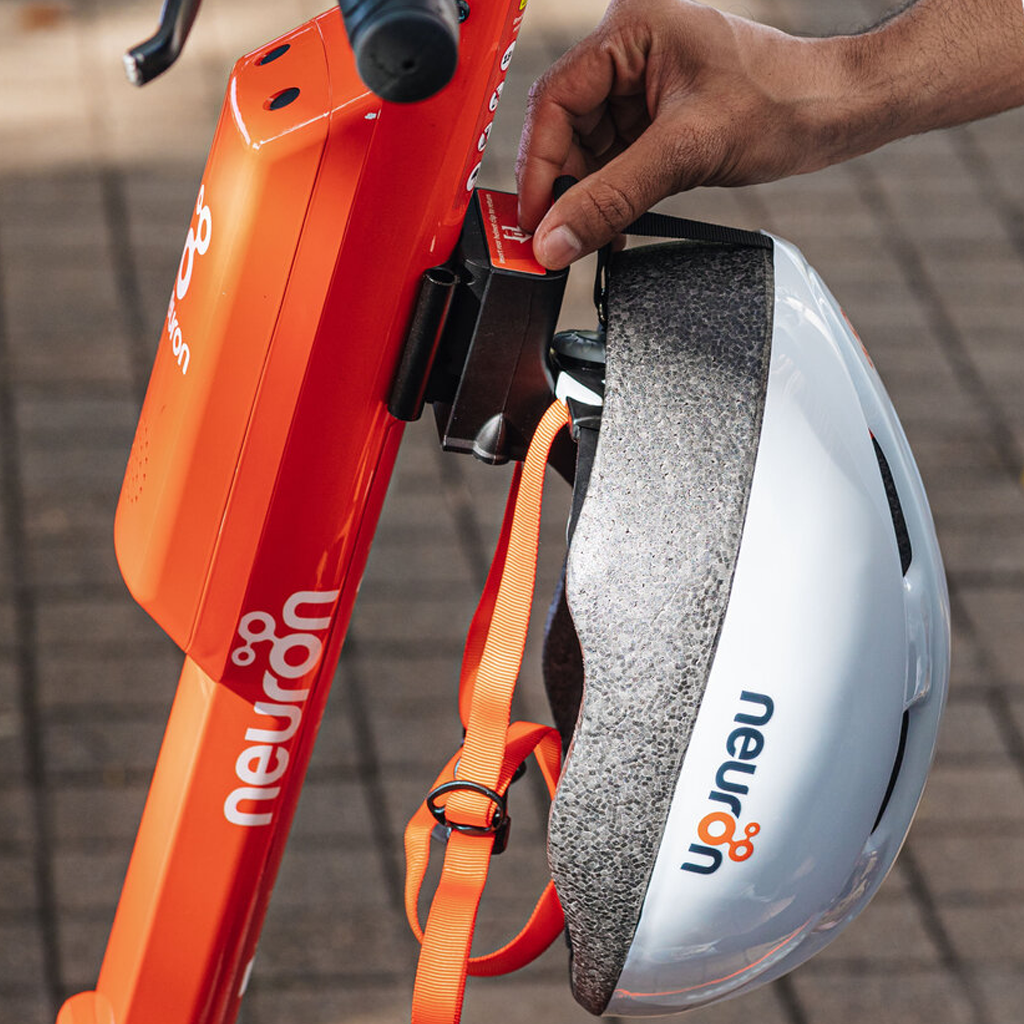In a recent trial, Bolt partnered with the Institute of Transport Economics (TØI) to explore how the Bolt app can positively influence urban mobility habits, encouraging users to travel via e-scooter, rather than a ride-hailing car.
Throughout the pilot programme, Bolt users who requested a ride-hailing trip for a distance of less than 3 kilometres were instead encouraged to use an e-scooter if one was available nearby. The trial consequently aimed to inspire people to use more sustainable transport options to help reduce congestion, noise and air pollution.
As Bolt offers ride-hailing vehicles and e-scooters within the same app, they were able to record each user’s choice throughout the trial and send the data to the TØI for methodological research.
The experiment was conducted in 10 European cities during a 4–6 week period: Stockholm, Oslo, Gothenburg, Lisbon, Krakow, Madrid, Bordeaux, Brno, Ostrava and Valletta.
Results revealed that three primary factors influenced the users’ decision to accept or decline the e-scooter recommendation:
- The distance of their trip — users had a higher chance of switching to an e-scooter for shorter trips
- The wait time — the longer users had to wait for their ride, the higher the chance of opting for an e-scooter
- The scooter’s location — the closer an e-scooter was to the user, the more likely they were to rent one
Previous research on e-scooter rentals in Europe has claimed that only 5–10% of car trips are replaced by scooter trips. However, Bolt’s experiment revealed that when encouraged, an average of 40–60% of Bolt app users chose an e-scooter over a ride-hailing vehicle, especially for short distances.

These results suggest that when people are provided with additional information on e-scooter availability and convenience, they are more likely to alter their behaviour.
Bolt intends to continue to work with the Institute of Transport Economics to further their understanding of user behaviour and increase the use of shared, eco-friendly transportation.



